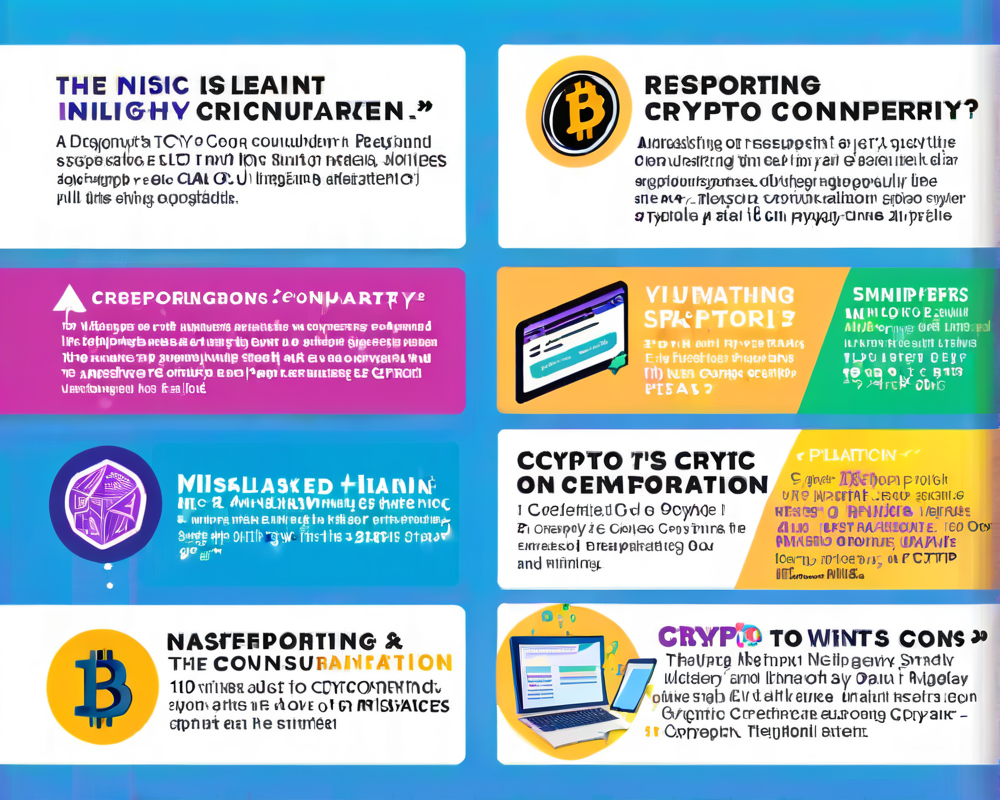Crypto: The New Villain in Town?
Following the tragic events unfolding in October, a story fluttered through the veins of the media that linked Hamas funding to cryptocurrency — like it was the plot of a bad spy movie. This narrative was prominently featured in an Oct. 10 article from The Wall Street Journal, written by Angus Berwick and Ian Talley, which, let’s be honest, sparked outrage and landed U.S. Senator Elizabeth Warren on her soapbox, ready to wage war on the crypto sector.
Where’s the Evidence?
Before we cowboy our way through this discussion, let’s be fair: subsequent investigations from experts like Chainalysis and Elliptic surface critical questions about the allegations. It’s like watching a magician reveal his tricks—what seemed impossible suddenly makes a lot more sense when you check the facts.
Analyzing the Accusations
In journalism, it’s paramount to investigate claims before multiplying them. The WSJ’s narrative mirrored a larger issue: the U.S. government’s rocky relationship with crypto regulations. We’re talking about a hasty generalization that could prompt ill-informed regulations based on shaky foundations. It’s a little like trying to build a house on sand; it’s going to collapse, fast.
Learning from the Global Approach
Now, while the U.S. regulators wagged their fingers, other regions, like the European Union and parts of Asia, got busy figuring out how to cohabitate with this new digital currency world. They didn’t just throw a tantrum but rather opened dialogues to integrate cryptocurrencies into their economies. Hey, when life hands you lemons, make lemonade—or in this case, cryptocurrency smoothies!
The Ripple Effect of Misreporting
Fast forward to Oct. 26, during a Senate hearing where the figure of “more than $130 million” in crypto donations to terrorist organizations was tossed around like a hot potato. It highlighted the devastating effect misinformation can have, especially when paired with the knee-jerk responses of regulators. What’s that saying? A little knowledge can be a dangerous thing! Especially in sensitive areas like crypto regulations.
Corrective Action: Too Little, Too Late?
On Oct. 27, the WSJ admitted its story wasn’t up to snuff. While a correction is a welcome sight, one could argue it arrived fashionably late, all dressed in regret as it walked down the political catwalk, leaving a trail of inaccuracies in its wake. This oversight doesn’t just challenge the credibility of the WSJ but threatens to erode the public’s trust in the media—something vital for any democracy.
The Path Forward: A Call for Wisdom
The U.S. stands at a crossroads. It can either plunge into a pit of ignorance filled with misguided regulations or take a step back, breathe, and foster an environment that promotes understanding and informed discourse. It’s critical now more than ever for the media to get its act together and furnish this complex narrative surrounding cryptocurrencies with accuracy and nuance rather than fear and sensationalism.
Conclusion: Embracing the Future
In this age of information, allowing unfounded accusations to reign supreme will only stifle innovation. America must choose to embrace the potential of cryptocurrencies—holding open discussions instead of falling prey to sensational narratives. The clock is ticking, and it’s high time for a deeper dive into the nuanced world of crypto, lest we miss the boat entirely.



